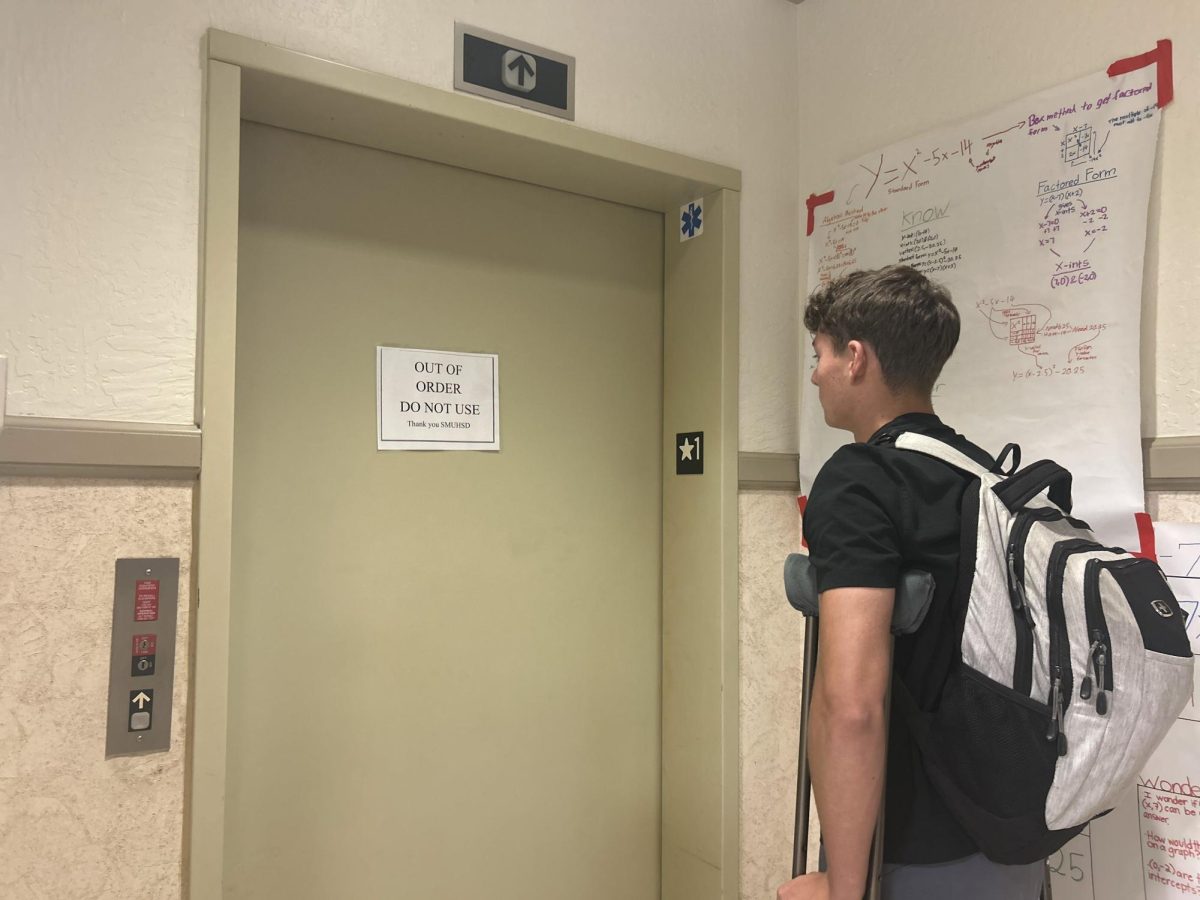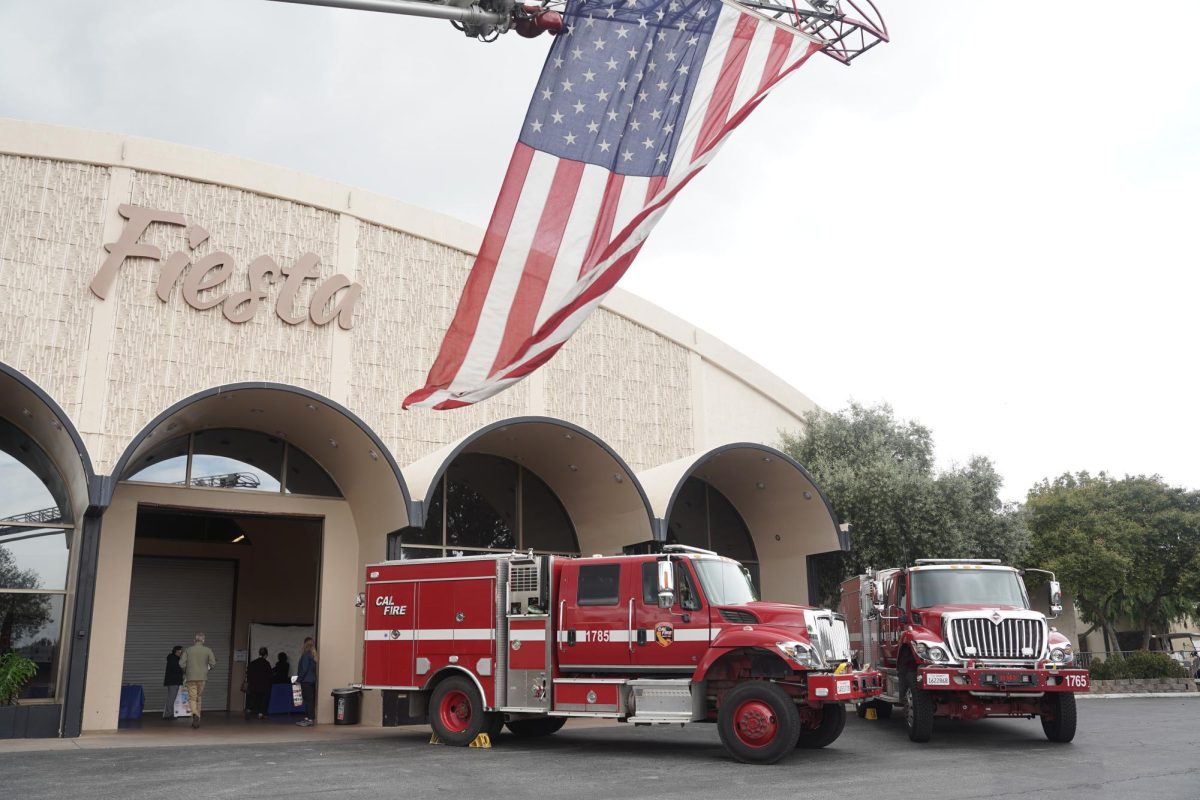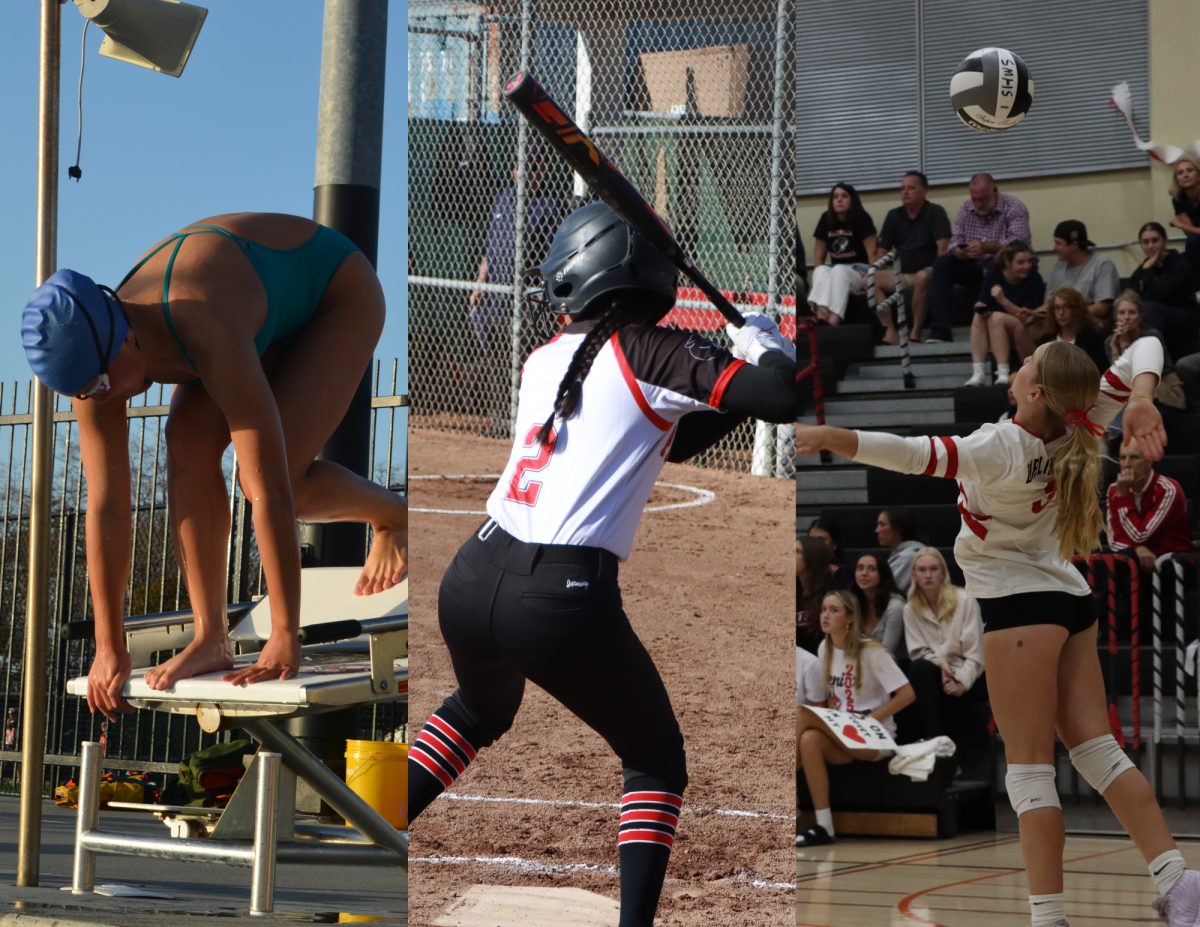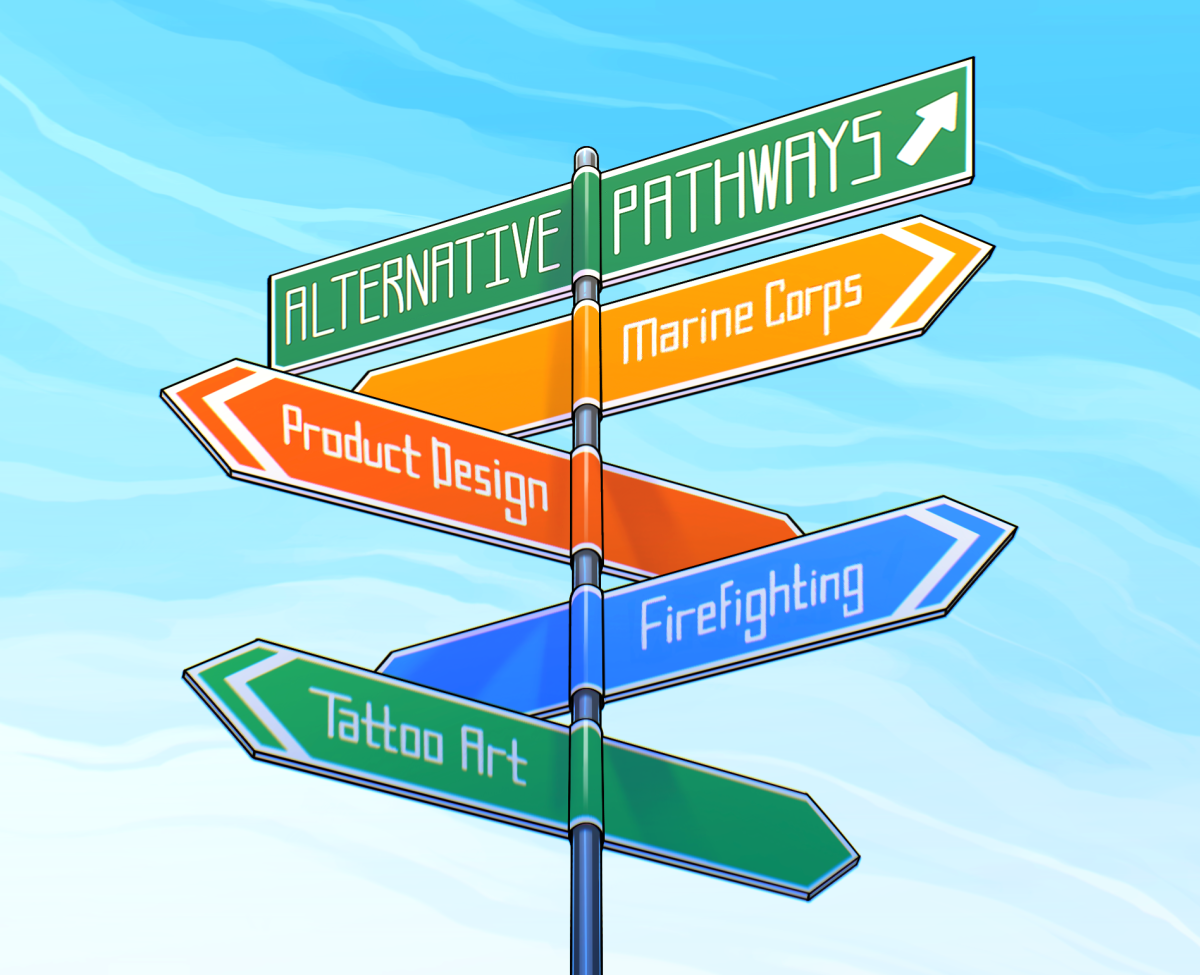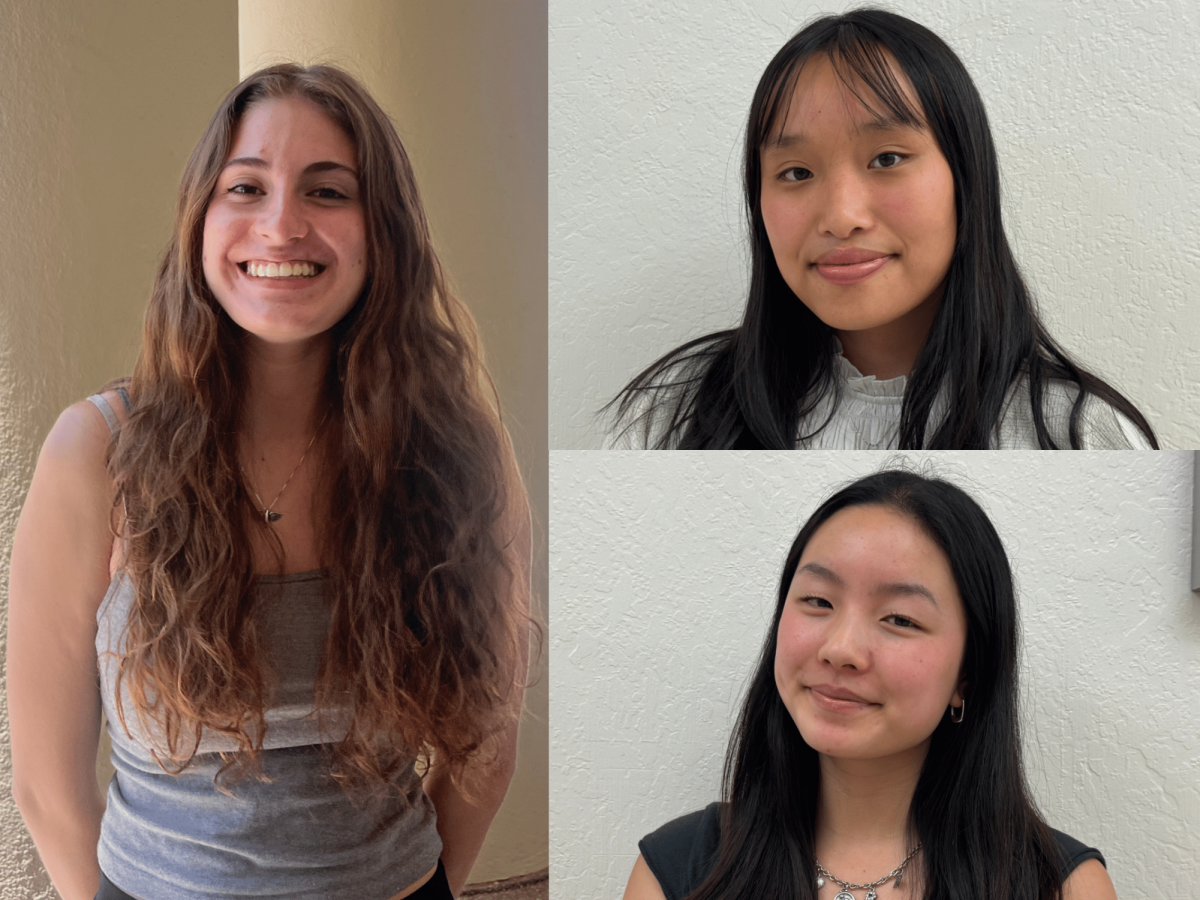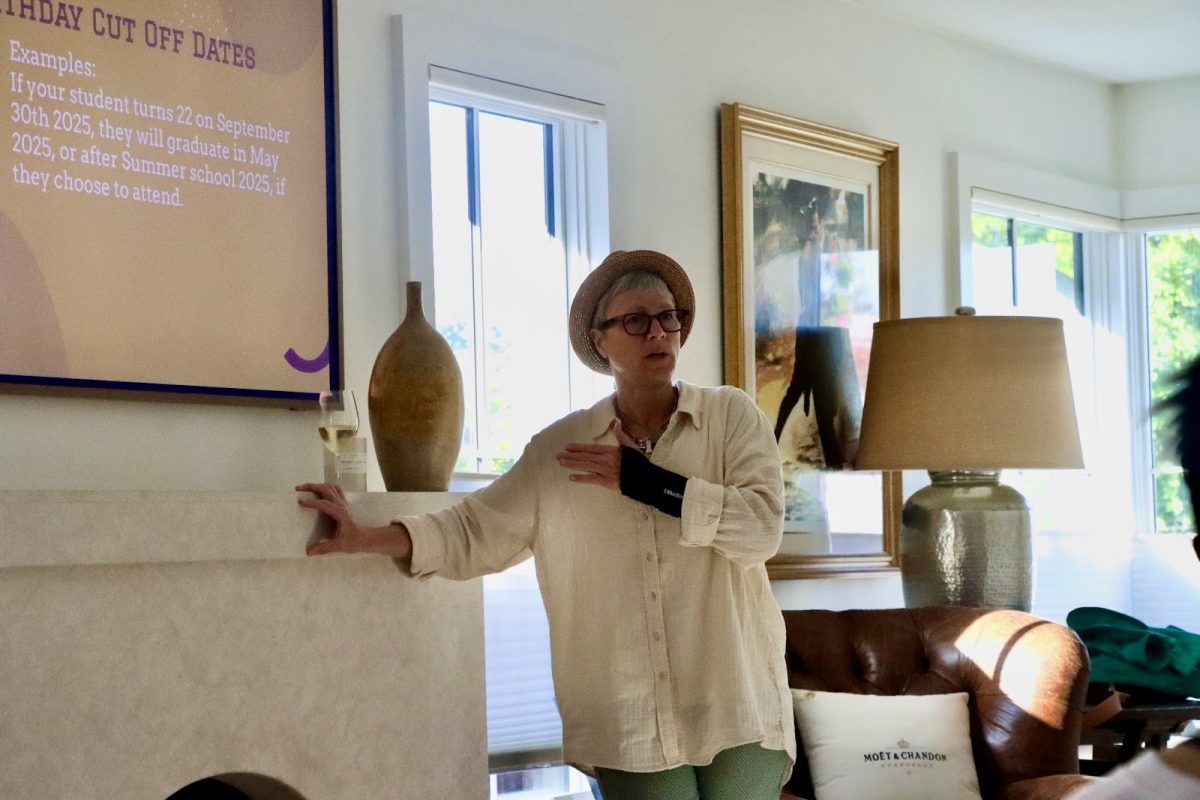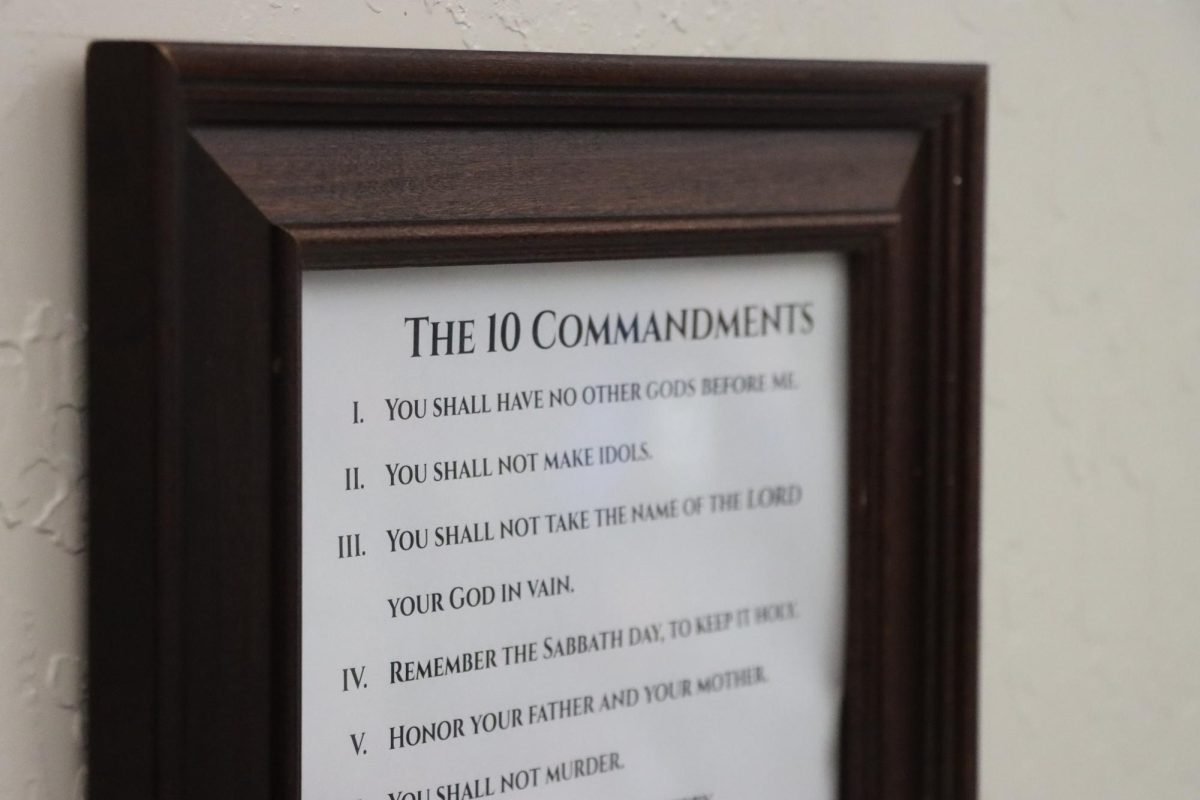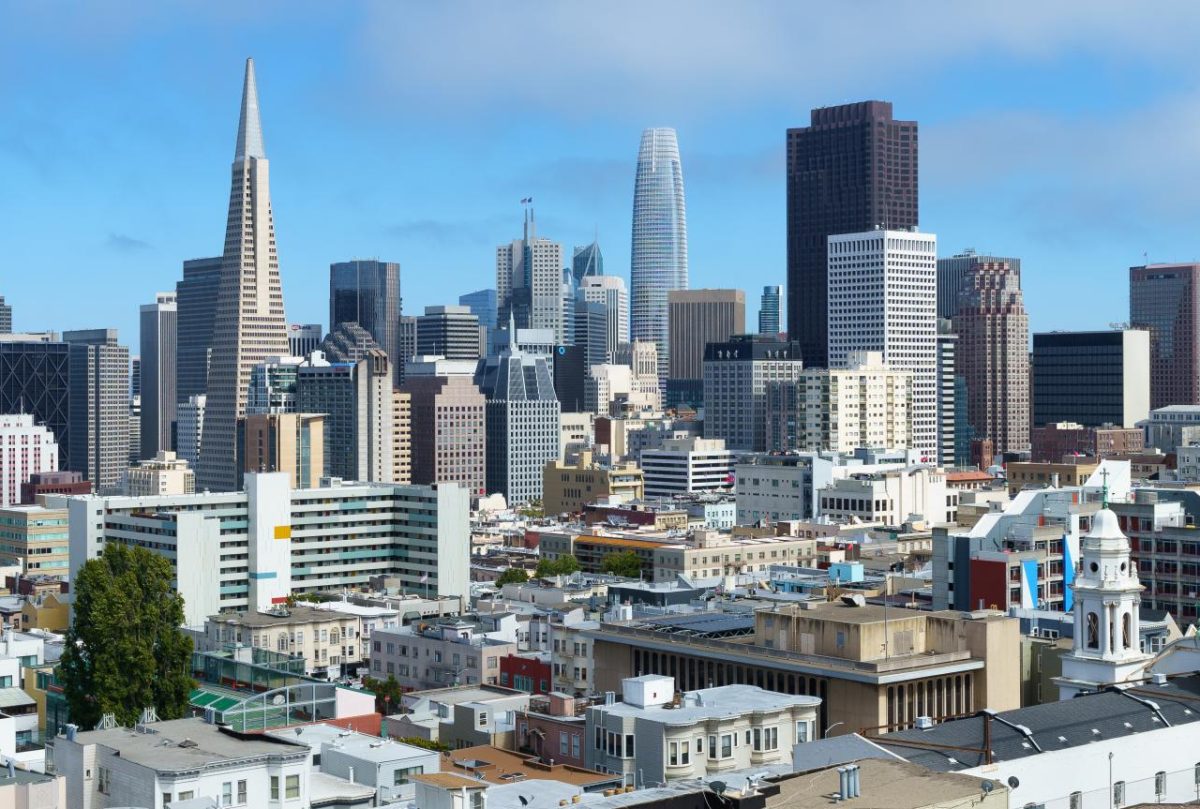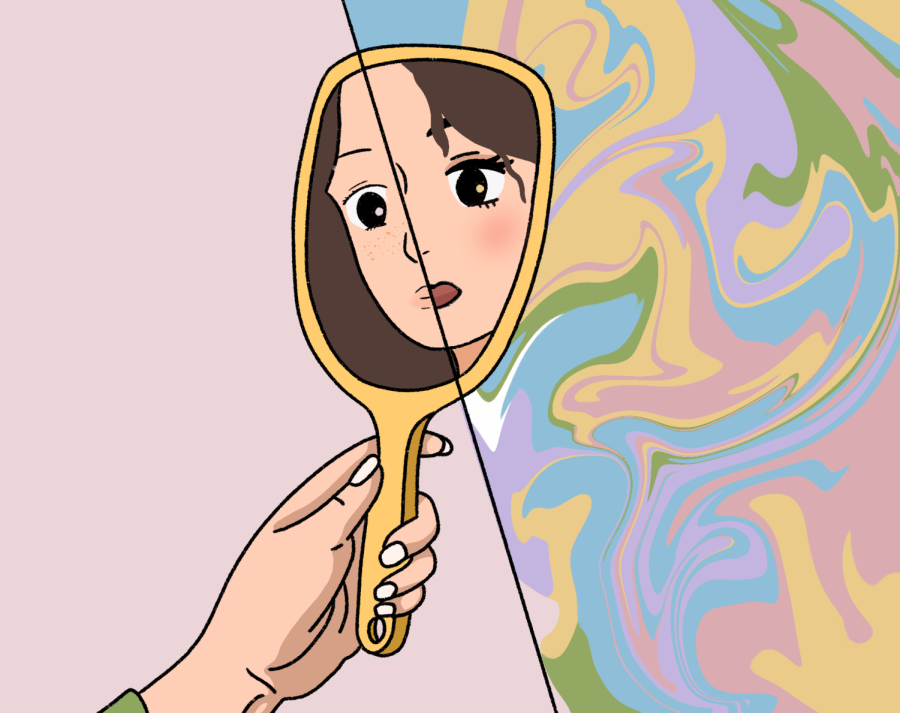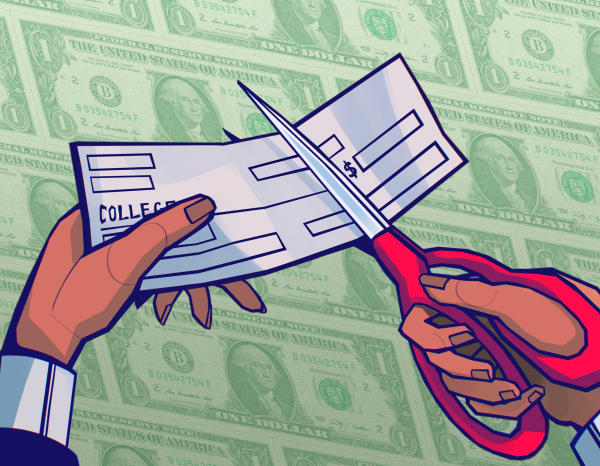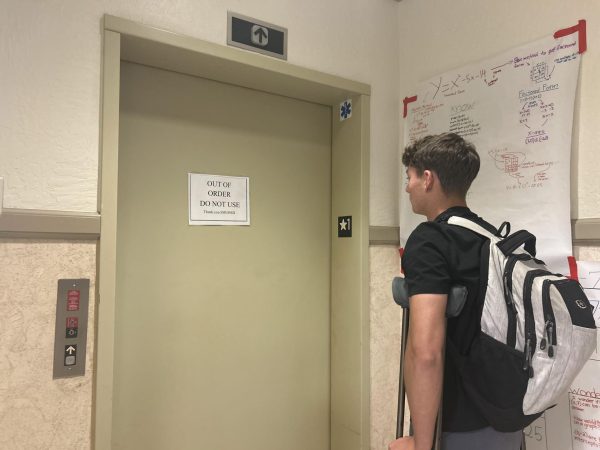ChapStick or Lipstick? The Choice Is Yours
Whether motivated by insecurity, peer pressure or enjoyment, the way students beautify themselves is entirely up to them and some may choose not to do it at all.
Despite the fact that Burlingame’s first bell rings every day at 8:30 a.m., a number of students manage to carve out time in their morning routine to arrive to class with perfect faces of makeup, styled hair and intricate nail designs — all enhanced with a fashionable outfit.
“Beautifying myself is more of a daily thing for me,” senior Sasha Grett said. “I will wake up in the morning, shower, put makeup on and style my hair … but I know that it’s not the same for everybody, and some may choose to do more or less.”
Achieving a flawless appearance takes valuable time in a morning routine, but some students, like freshman Keira Au, are willing to make whatever sacrifice necessary to attain that desired polished look.
“I’m often late when I come to school every morning because I take a long time choosing an outfit and putting makeup on and don’t wake up early enough to do it,” Au said. “So it makes my morning routine a lot more rushed.”
In a Burlingame B survey completed by 38 students earlier this year, 63% of respondents said that their drive to beautify themselves was fueled by insecurity. Some reported that they struggled with self-esteem, prompting them to turn to cosmetics and other beautifying products in an effort to boost their confidence.
“I beautify myself because I am really self-conscious about my skin imperfections and feel like I need to cover them up for school,” an anonymous source wrote in the survey, which asked students to open up about self-doubt with regard to their appearance. “At this point in my life, [I] don’t want people to see me without makeup.”
According to Au, some of this anxiety stems from beauty standards — the societal expectations that dictate how a person should look. Au explains that a lot of people try to conform to these standards in order to be perceived as attractive, but they are often unattainable.
“Society’s expectations for the way females should look are really unrealistic now,” Au said. “You always see people with clear skin and long lashes all over your social media.”
According to an article from the University of Birmingham, there is pressure on individuals to live up to beauty ideals and achieve the “perfect” look now more than ever. The same is true at Burlingame: In the survey, 86.8% of the respondents said that beauty standards cause them to feel the need to pay attention to their appearance.
“Everyone obviously wants to fit in with beauty standards,” said Au. “They only feel pretty when they meet those expectations.”
Students in the survey reported that these beauty expectations are ubiquitous on social media, television, movies or books.
“I see beauty standards around me all the time, even if they are unintentionally placed into my life,” the anonymous source wrote in a survey. “I try my best to not conform completely to the beauty standards that surround me, and try to create my own persona and my own standards that fit my life and my lifestyle.”
The result is that students turn to self-beautification as a way to feel the most comfortable with themselves.
“I beautify myself because it makes me feel more confident in my own skin,” another anonymous source wrote in a survey. “When I do my hair or put on makeup, I feel like the best version of myself.”
For Au, pressure from peers is yet another driving factor that prompts her to devote time and energy to enhance her appearance. Au said she was influenced by this pressure as early as fifth grade.
“It’s probably not the most reasonable age [to start beautifying yourself],” Au said. “I just felt like everyone around me was growing up too fast, putting makeup on and everything, so I wanted to keep up.”
But for Grett, the act of beautifying yourself doesn’t always have to stem from a negative place. She enjoys beautifying herself regularly, although the act of doing so is for her own satisfaction.
“[The reason] why people beautify themselves doesn’t always have to be because they feel insecure or want to be more confident,” Grett said. “For example, I like to do my makeup and style my hair because it’s fun and it’s just something to do.”
However, beautifying is not for everyone. While Au and Grett have their own motives to beautify, freshman Sara Balach opts not to do it at all.
“For me, school isn’t a place where I feel like I have to beautify myself to make myself look better,” Balach said. “But I understand that many people don’t feel that way and wear makeup and straighten their hair.”
Of the 38 students who completed the survey, 31.6% of them said that there is a lot of negativity imposed around the fact that they beautify themselves — and some of it is even internal. The respondents reported that they often question whether makeup and other beautifying products are really a good influence on them or whether it is just a way for them to hide their appearance.
“Sometimes I do feel bad about the fact that I beautify myself because I feel like I should be more confident about how I look without makeup and everything,” Au said.
In the end, according to Balach, beautifying yourself remains a choice — but one that should reflect your personality and values.
“Personally, I don’t beautify myself that often, but when I see those around me who do it it doesn’t affect me,” Balach said. “You do whatever makes you feel good about yourself.”
Your donation will support the student journalists of Burlingame High School - CA. Your contribution will allow us to purchase equipment and cover our annual website hosting costs.
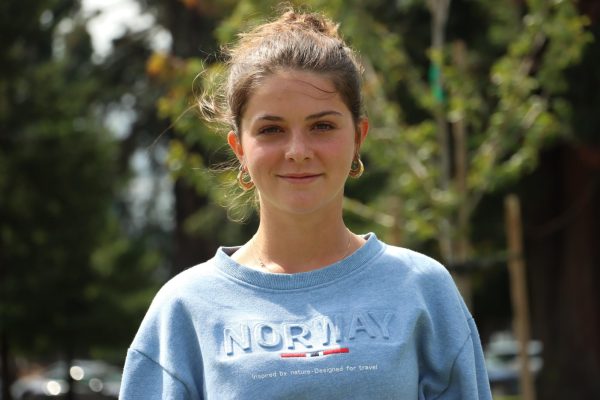
Joelle Huysmans is a junior at Burlingame High School and Design Editor as a third-year journalism student. Outside of school, she enjoys playing tennis,...
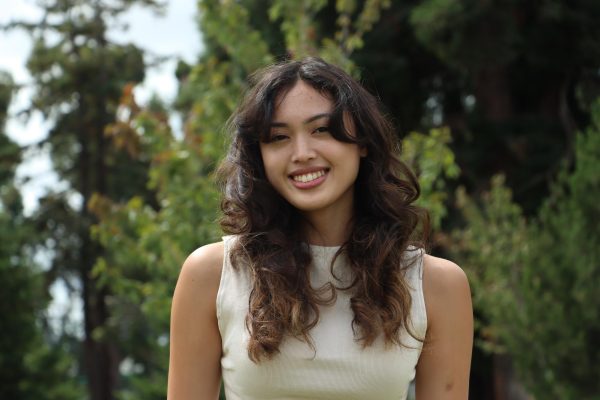
Sophia Bella is a senior at Burlingame High School and a dedicated fourth-year journalism student, thrilled to serve as this year’s editor-in-chief of...



